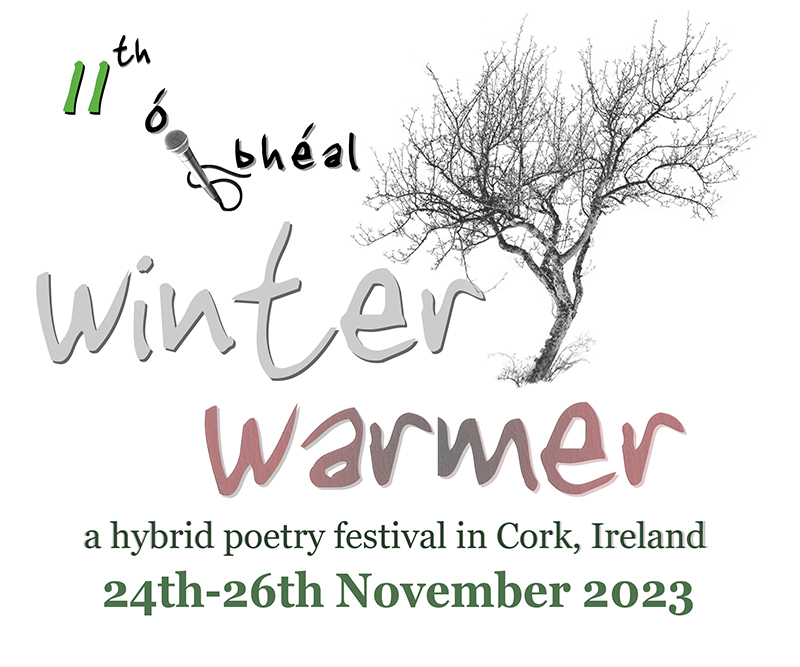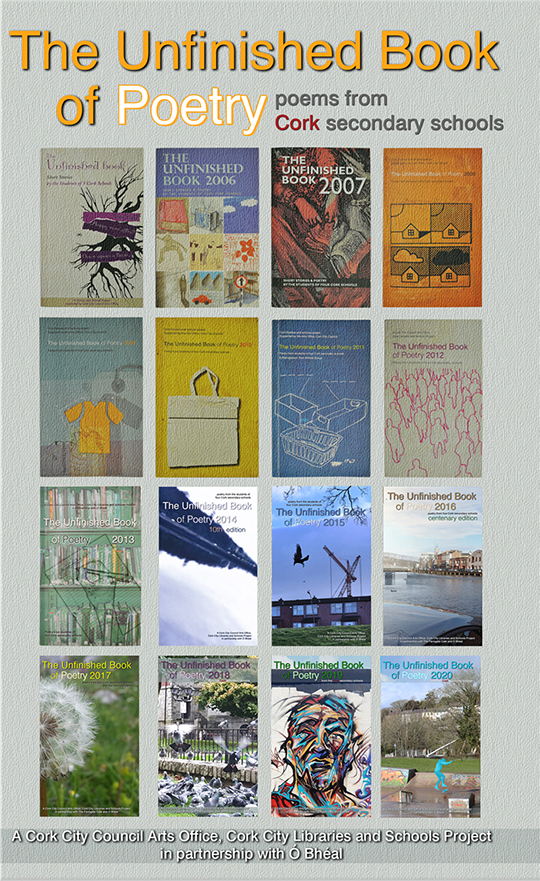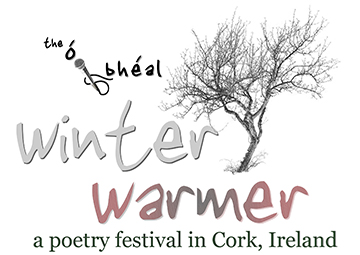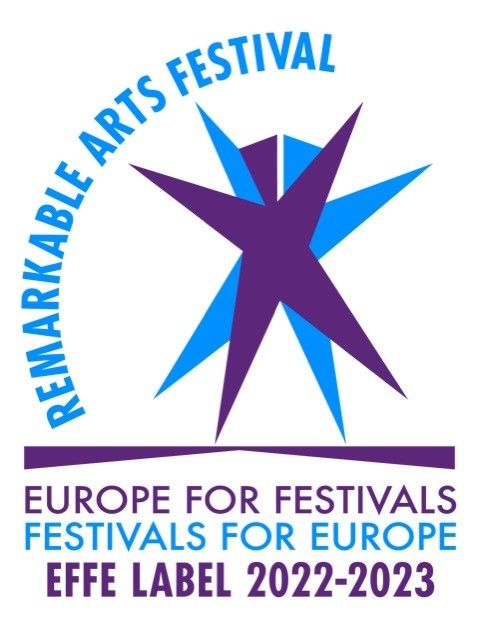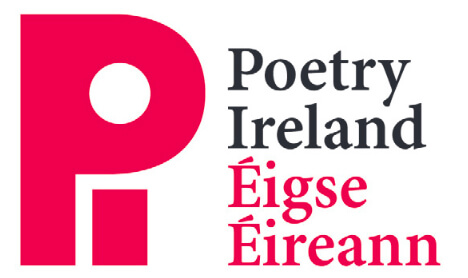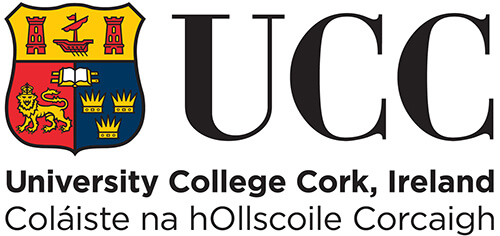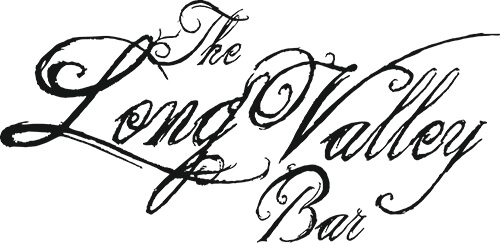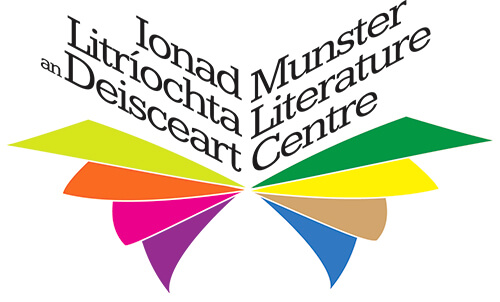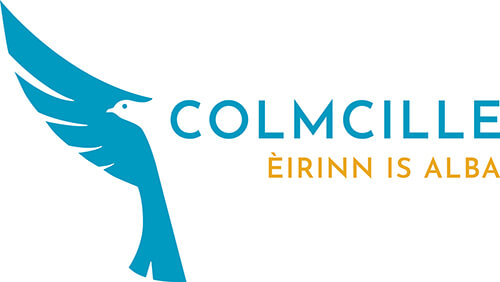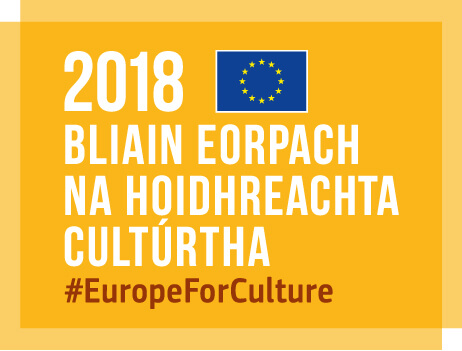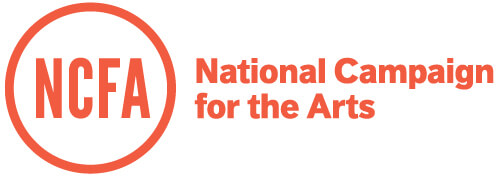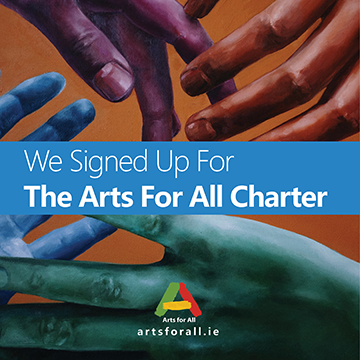Interviewed by Jennifer Matthews
JM: Is there any particular place or time that you find most conducive to writing?
RR: I am a single mother of two boys and have been so for 15 years so time is a big issue! I always say in workshops though that it doesn’t matter what we are doing in life, there is always a way to create space to write – if we really want to. I used to think that I needed a whole free day, but of course, if that comes along, I suddenly need to do the washing! I put obstacles in the way. Now I do volunteer work for the Australian Poetry Centre and it takes up time all right, but is a great excuse for the ‘business’ of poetry instead of the writing of it! I think there is always a pull-push with writing. I want to do it but the fear is always there that I can’t. So the blank page is scary. And yet, what joy there is in the actual writing, in the lost-self of that, the no-self of it.
I find there are stages in writing poetry. First, it is a life lived inside it. I mean, that poetry is something we be rather than do. It means living with our skins turned inside out, with our attention on life, on what people say and do and the things that the world offers up to us. There is almost an innocence in this openness to life.
Then comes the taking of notes – in my case, all those bits of paper that have scraps of lines on them – from post office forms to scraps of paper from the gym! – which later I try to put into notebooks but…. these are the raw materials. Later, in the next stage of writing – the sitting down to do it – comes the moment that so many artists try to label and explain. A bit like prayer, a lot like meditation, a moment of entry, when the self is lost and the poem entered. The recording of that.
Basically, I write at my desk, surrounded by chaos – and I have only a few hours in the days. I like best a Friday night on my own – no kids – when I can go into the early hours if I need to. The silence is crucial. I love that sense – rare for me – of time there that won’t be interrupted.
JM: Could you describe your revision process? Do you do lots of drafts or try to keep to the flow of the original?
RR: Yes, then the revision. I do lots of drafts and also try to keep that original flow – the rhythm particularly. Because I write free verse, I have to work harder on internal music and use line endings to determine the reader’s breath. I hope! So a lot of thought goes into those line endings. It helps to read the poems out loud. Then you can hear when the line ‘clunks’ or if you feel embarrassed – it means your self-conscious ear has felt awkward and then – the line goes.
The hardest thing is to cut lines. I find I often have to take out the last 3! My tendency is to repeat the point another way in case no-one got it in the first place!! An old left-over from lecturing days.
The poem should, I think, read easily- as if no effort has gone into it at all. I think Fred Astaire said that about his dancing. If it doesn’t look easy, you’ve failed!
Some poems are then altered many months later – the last tidying up – and before sending them out for possible publication.
JM: I was particularly touched by the poem Young Men (among others). I felt the description of the goodness in men was honest and I recognised many young men I’ve cared about in it. This poem struck me as particularly unique because we women don’t often write men in a positive light. If you feel comfortable telling us, what prompted you to write this poem?
RR: Oh that is only good memory! I had been separated for 8 months from the father of my children after 10 years in that relationship. The boys were only 18 months and 3 years old. I felt I’d never have intimacy again and that horrible sense of low self esteem about myself that can come after a terrible, long and hard break up. Then along comes this young man – he was 25 and I would have been about 44. What can I say, Dear Reader – I was seduced! Couldn’t believe it! And then, it happened a couple of times and I ended up being talked into a relationship for 3 years with a man 20 years younger than myself. I have a sequence of poems in Fiery Waters about that. It was a very loving time. I ended it.
I found throughout this period that I really respected and loved these young men and that they were not at all like the young men I knew when I was young! They were much more caring and considerate, more loving, more eager to talk and of course ….. more careful ….. not so rushed. The poem says it all.
Now let me say, twelve years later, I am personally attracted to ‘older’ men, a little worn – more like myself! But I am left with the warmest feelings for those younger men who seem to me often more admirable than those I knew when I was young. It was a gift in my life, that time. I wanted to give that back to young men and I only read that poem in particular settings where I see young men who love poetry and will take it away as gift. It is also written for young women – and the middle aged – so that they might look again and see it all perhaps slightly differently. And this, from an old radical feminist from way back!!!
JM: You mentioned that depression was a major theme in Silence and its Tongues – do you find writing therapeutic?
RR: I’m not ever sure about this. Yes, but it’s not done for that reason. I find it is therapeutic in the sense that finally I have hold of something unfinished in life until it’s recorded. I feel I’m a historian of intimate history and that this history is not just my own, but is shared by other people. I have written photo albums in a way, and once they are done, the job is finished. I don’t have to hold onto the memories anymore – it’s on paper. For the good memories, that works too – and these can be about place. The many poems set in Connemara are, in my mind, a gift back to the place and the people who live there. They are my version of a kind of personal history of that place and time, written so others can recall it too. They are an act of gratitude, not therapy.
JM: Many of your poems referred to or were about family members. Do you show them these poems? Do you feel it difficult not to censor yourself when writing about someone you know?
RR: Yes, sometimes I do show them the poems before I publish them if I think it might be raw or sensitive – the poem Love’s impotence, about a friend’s son’s death for instance. If I write a poem for a friend I always ask if it is ok with them to put their name on it. But family is different! My mother is dead and I don’t know what she would think of Dead Mother poems. I think she wouldn’t understand some of it at all. But I was exorcising ghosts there. I showed these to my father before the book came out and he wept. I don’t know if he has read them all even now. There were also three poems I did NOT publish in that sequence which I did not want him to read. They would shock and hurt too much. One is central to the theme. But, it’s not necessary. They can wait.
So there is a self- censoring that goes on I think. The poems can be written but do not need to be published until, and if, the time is right. You have to be true to the hard things in life as well as the soft. But I think you also have to care for other people and take a moment to think through things. Will I be happy in 20 years for that poem to be in print?
The poems I have for my father – and there seems to be one in every book – he loves so much he has them framed! My brother never reads the books anyway – hey, I could really get going there!
With lovers – well … fair game I guess. Don’t put any names in! I suppose most of those poems are loving so I don’t feel there is a problem. But I didn’t show those before going into print on most occasions. Again, it’s like a snapshot album of life moving by. I’m thinking here of one particular book, which the man the poems are about really loves as being ‘so true to that time in our lives’.
But I don’t write the stories that are not mine, if you know what I mean. I only write my story in it – what I felt and what I experienced. You might know other things about a person, but that story belongs to them. It’s hard to describe. I suppose I think integrity is important, so it’s being true to something; true to what you know and think is important to share about being human and alive and flawed and glorious. And poetry, I think, shouldn’t be used to hurt or score points. It’s an art where the human soul can be really open and vulnerable.

